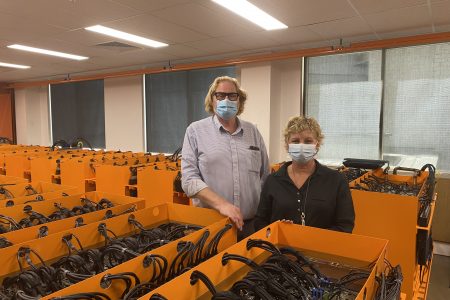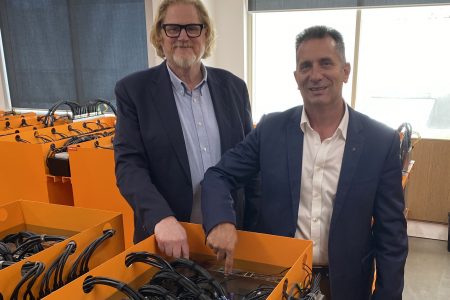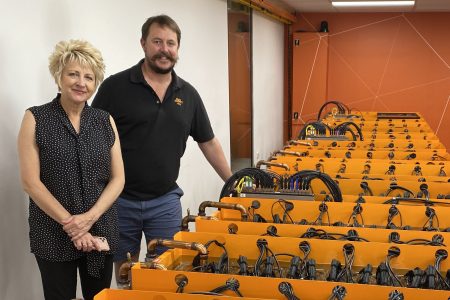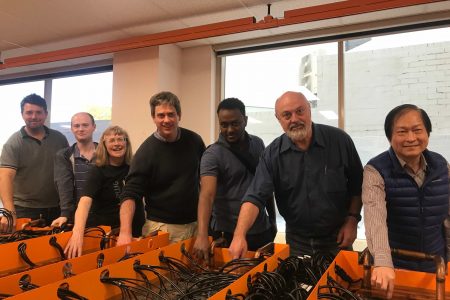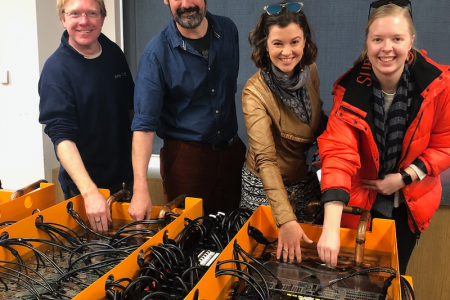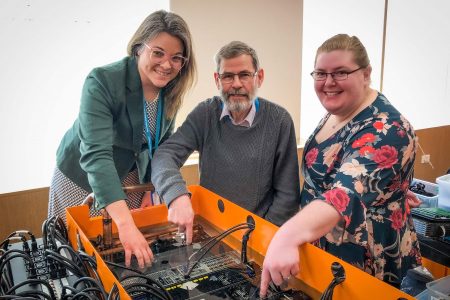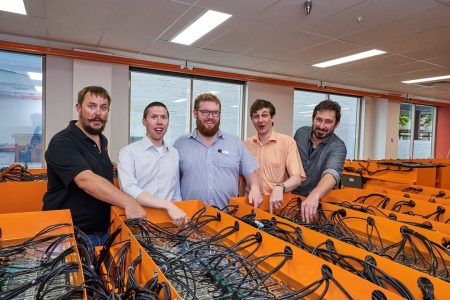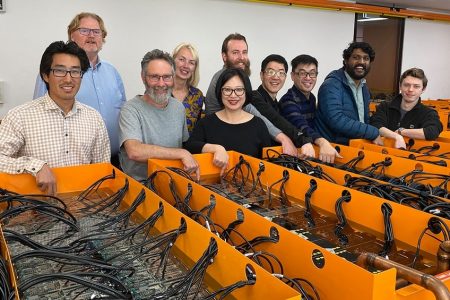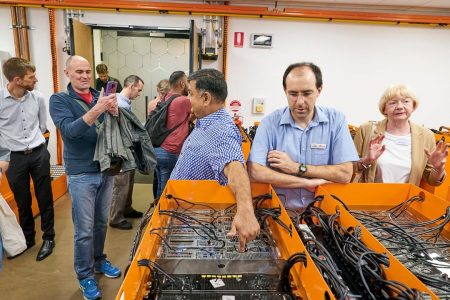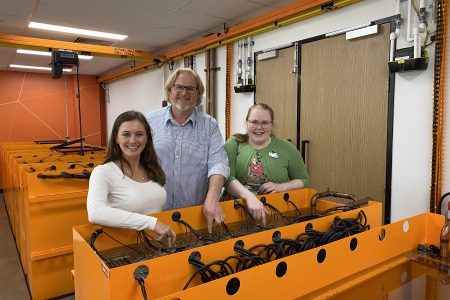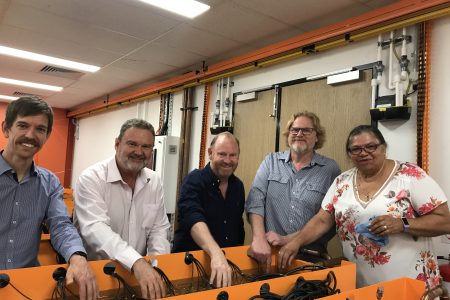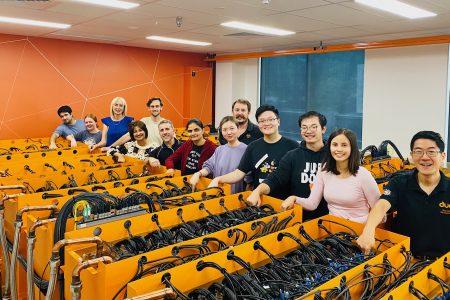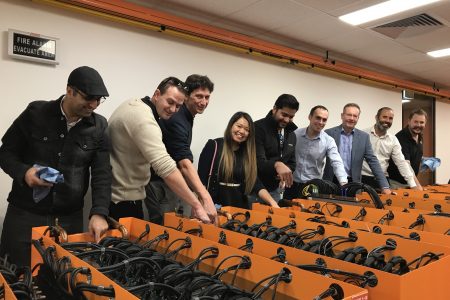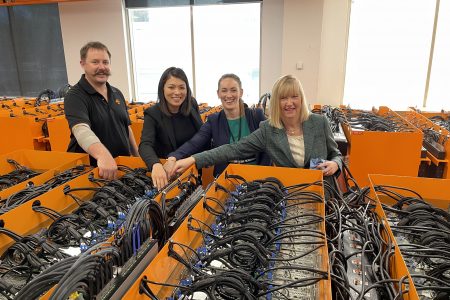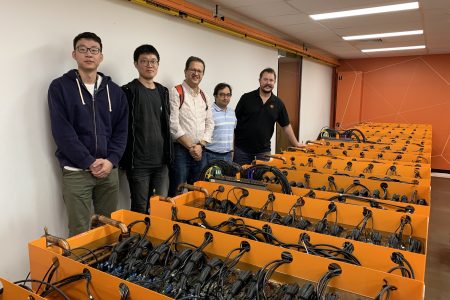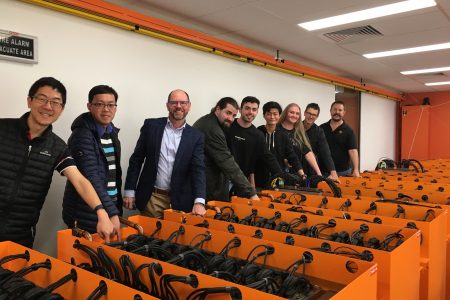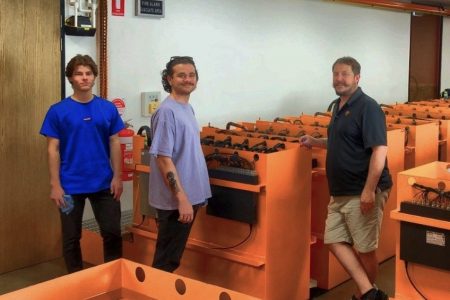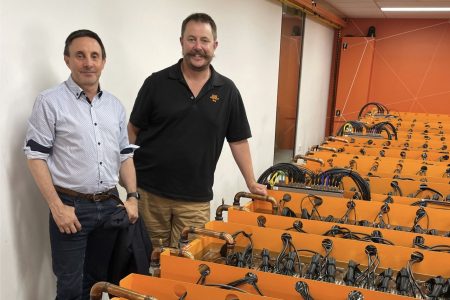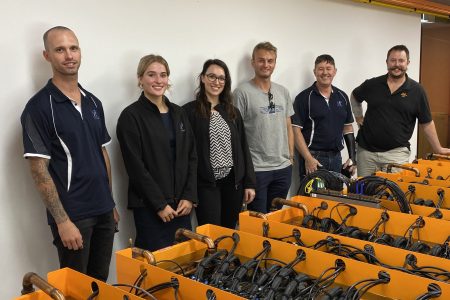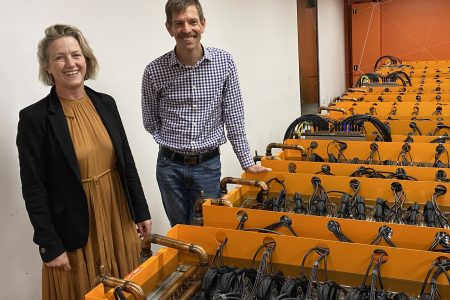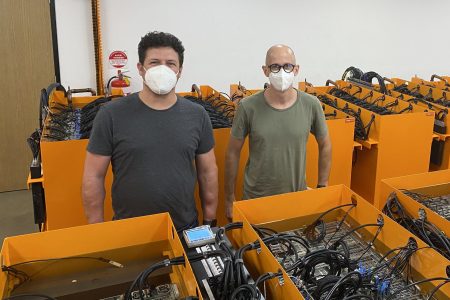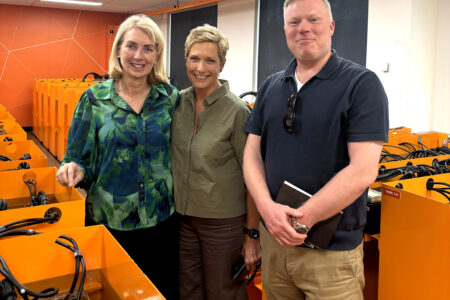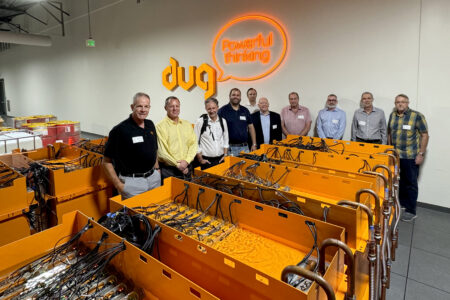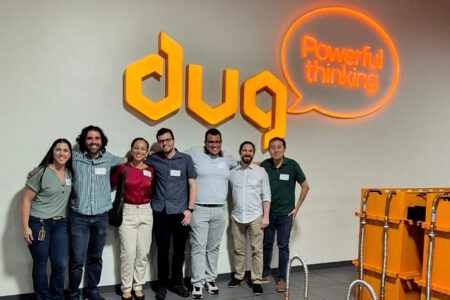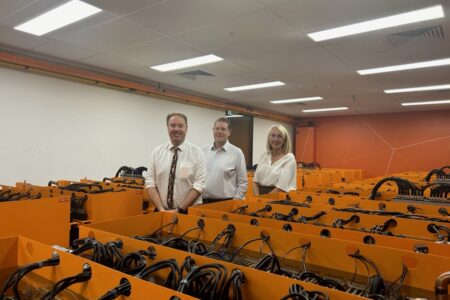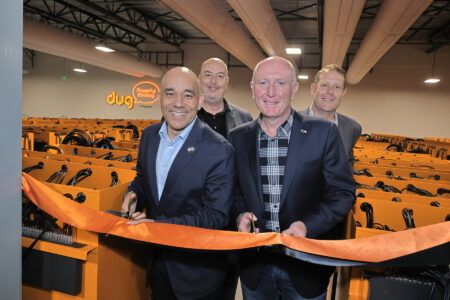The world of high-performance computing (HPC) has long been dominated by physicists, quantum chemists, aerospace scientists and automotive engineers.
Supercomputers were built by physicists to run large computational models as fast as possible, with the science revolving around mathematics and the methods evolving over decades. As the complexities of the models grew, supercomputers grew faster and more powerful. Problems were solved at a much finer resolution.
New users shake up supercomputing.
But the world is changing at a mind-boggling pace. With the advent of big data, new players such as those involved in fintech, bioinformatics and healthcare entered the field of supercomputing.
These new research fields don’t operate by conventional rules – they use completely new and dynamic languages to process data. Many of their methods are unstructured and their computational approaches are evolving rapidly – old mathematical methods are being stretched and applied in ways never imagined.
Pouring in from specialised machines, this deluge of data needs to be processed in novel ways before meaningful value can be extracted.
As a consequence, the supercomputing facilities that run them are being forced to evolve too. New products have been innovated to change our relationship with data – bigger brains are being built into conventional computing hardware.
DUG innovates to scale up HPC capabilities.
DUG is a technology company at the forefront of HPC, building some of the largest data centres in the world, using the most advanced and green technologies.
When DUG deployed VAST Data’s Universal Storage, their goal was to revolutionise their relationship with, and access to, the large amount of data they process for their diverse client base which spans across the global technology, tertiary education and resource sectors.
VAST’s unique combination of Intel Optane and Intel QLC flash provides enormous capacity, unparalleled bandwidth and unrivaled meta-data access across a single storage platform. It can handle large, ordered streaming input/output (I/O), while servicing every small data request with low latency.
The arrival of a massive scalable storage system that can service any I/O load enables DUG to handle a multitude of non-traditional workloads, which are the Achilles’ heel of legacy HPC systems.
Supercharging medical research.
The Harry Perkins Institute of Medical Research is a world-leading, Western Australian-based, medical research centre, dedicated to tackling some of the world’s biggest health issues. Much of the foundation of their research is laid in bioinformatics, to understand and extract health-advancing knowledge from laboratory experiments such as genome sequencing.
With a diverse range of research activities, ever-evolving workflows, and mountains of data – they sought a flexible compute and storage system to meet their demanding needs.
A proof-of-concept project quickly showcased the unique HPC proposition DUG had developed, accelerating Harry Perkins’ complex workflows and increasing their efficiency.
With an unlimited HPC scale and the support of highly skilled HPC experts at their fingertips, Harry Perkins researchers were free to implement and run all their existing workflows, and gained confidence to conduct science at record speeds that they previously could have only dreamed of.
DUG’s HPC expertise, powered by VAST Universal Storage and Intel hardware, delivered a step change in Harry Perkins’ high-performance computing capabilities, allowing them to accelerate their life-saving research projects.
To read more about how DUG switched from hard disk drives to petabytes of flash storage powered by Intel® Optane™ technology click here.
#PowerfulThinking






